Vitamins to Be Supplemented
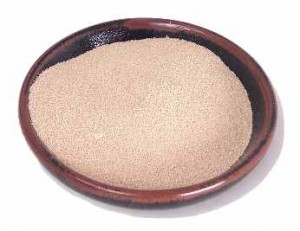 Vitamin B12 is low or even absent in most plant foods. The most popular and effective form of supplementation is with yeast, such as Baker’s or Brewer’s yeast. Another source is inactivated yeast supplements such as the Australian Pigeon Company’s ID Yeast. All yeast contains not only Vitamin B12 but also additional micronutrients. And birds love the taste.
Vitamin B12 is low or even absent in most plant foods. The most popular and effective form of supplementation is with yeast, such as Baker’s or Brewer’s yeast. Another source is inactivated yeast supplements such as the Australian Pigeon Company’s ID Yeast. All yeast contains not only Vitamin B12 but also additional micronutrients. And birds love the taste.
Another required supplement is Vitamin A, which is found in greens, such as silverbeet, spinach, and carrots. Pigeons love a plate of mixed chopped greens and diced carrots. Vitamin A can also be provided with diluted carrot juice. Vitamin A in the plant form carries no risk of toxicity as it is technically beta-carotene, the natural precursor to Vitamin A.
Cod liver oil is also a good source but it does contain gizzerine, which is associated with the development of stomach ulcers. Also, cod liver oil will rapidly become rancid if exposed to the sunlight. Rancid oil can lead to a Vitamin E deficiency.
Riboflavin needs to be added to the diet and this is also found in yeast. Yeast supplementation is recommended by incorporating an inactivated, or sterile, dry yeast, such as ID Yeast, after pre-moistening the seed with seed oil. The dry yeast adheres to the seed and is easily consumed.
Also found in yeast is the vitamin, niacin. Niacin is also in sunflower seeds, however, sunflower seeds, unless purchased from a reliable source and stored properly, is easily contaminated with an unhealthy fungus.
Supplementation of folic acid is necessary. Folic acid is found in yeast products and wheat germ or wheat germ oil. Wheat germ is often the base of the better conditioning oils such as Polyseed Oil.
Wheat germ oil is great as a pre-moistening oil for grains and seeds to prepare them for the addition of a yeast powder. The recommended amount is 0.5 to 1.0 ml per kg of grain. Birds love the taste and get excited when they hear it being mixed.
Vitamin K is actually two—Vitamin K1 found in green, leafy vegetables and Vitamin K2, produced by the normal bacteria in the bowel. Both need to be supplement. K2 levels can become deficient with antibiotic use or if the birds are not allowed to eat their own droppings.
The final vitamin needed to be supplemented is Vitamin E. A good source of Vitamin E is vegetable oils.
Amino Acids
Supplementation of the amino acids lysine, methionine, and trytophane are necessary. All of these are found in yeast products and wheat germ oil. Lysine is also found in legumes such as peas. If your feed mix is comprised of 30% or more of peas, then lysine deficiency is not a concern.
Mineral Supplementation
Calcium is a necessary addition and can be found in a range of soft grits such as cuttle fish, sea shells and calcite. Always have a blended soft grit and pink mineral mix available to the racing pigeons.
Sodium, an ingredient of salt, must be added. Sodium is also found in some grits and pink minerals. If fed grain only, pigeons will ‘crave’ salt and eat sodium-containing supplements voraciously, putting themselves as risk for dehydration if there is no free water available.
Make salt a part of the optimal diet for racing pigeons. A good amount is about 0.1% of the total diet. These are the amounts in the better brands of pink mineral. PVM Powder is a good source of salt, containing 11 grams per one kilogram.
The additional minerals you need to add are manganese, copper, zinc and selenium. These are all found in yeast products.
The amount of iodine available in the seed mix varies, depending on the amount in the soil in which the seed was grown. Additional iodine can be found in yeast and in water supplementation.
For water supplementation, Lugol’s Iodine is recommended. Using Lugol’s Iodine, make a concentrated solution of 2 ml. of iodine to 30 ml of water. Then add four drops of this concentrated solution to each liter of drinking water.
In the third and final part of this series on nutrition, we will look at additional nutritional considerations. A diet recipe is also provided by Dr. Colin Walker.

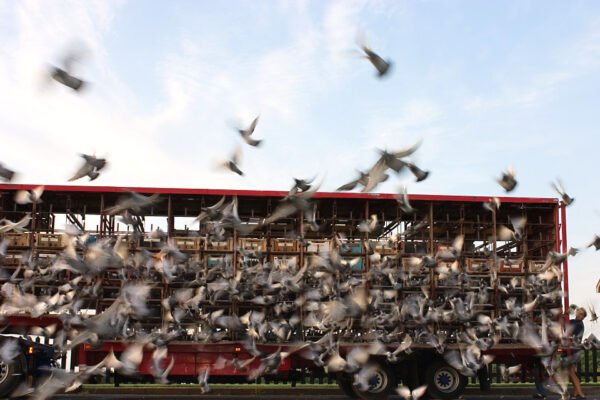

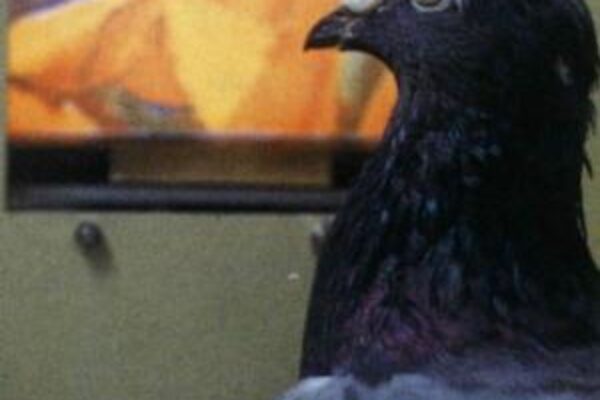
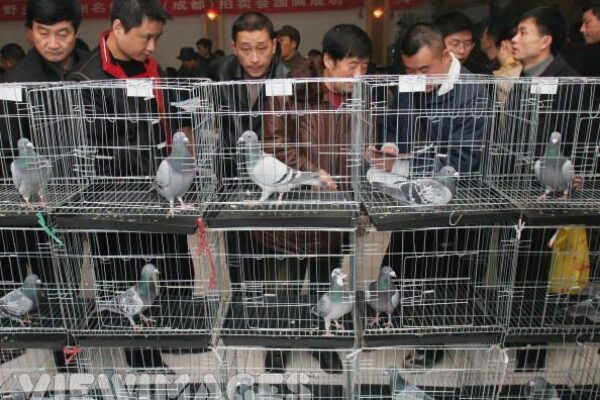


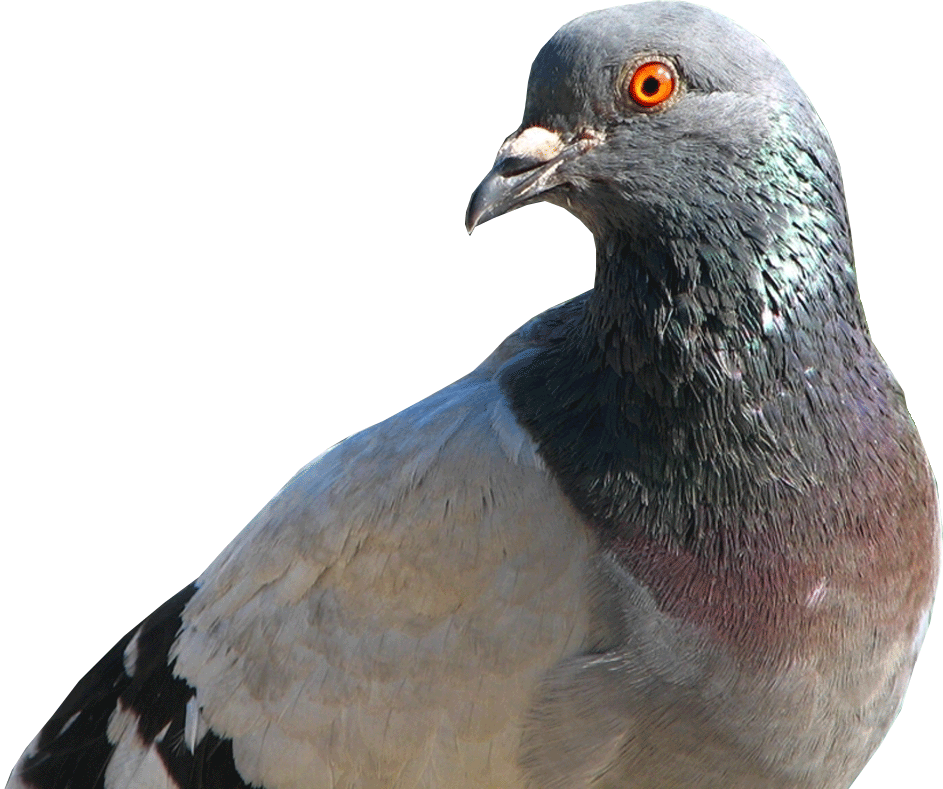
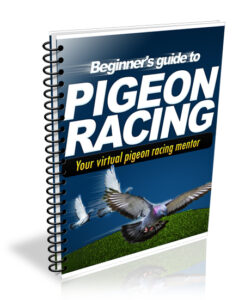
Hi everyone my name is Attilio
When I first got into birds I had show rollers
Myself and a few other members we did put bleach in the water but after awhile I was thinking why bleach isn’t it a chemical so why give your birds chemicals so I stopped and started using applecider vinegar which in my mind is better its not a chemical
So now I only use applecider vinegar I also use brewers yeast but not every day I give it to them 2 to 3 times a month i give my birds greens like kale ,parsley, dandelion, beet tops
And other greens never tried carrots but thats next
Thank you
I am racing pigeons for the last 57 years and last year bought over a R1000000 worth of pigeons now I must be a lunatic to mistreat my pigeons worth that amount of money, but that is not where it stops my birds are so fond of me when I walk in to my loft some of the birds come and sit on my they want to be close to me just like a guys dog that runs to him because he loves his owner and his owner loves him so lay of my pigeons
i race up to 200 miles do i feed on basketing day i feed light to heavy basketing day is friday